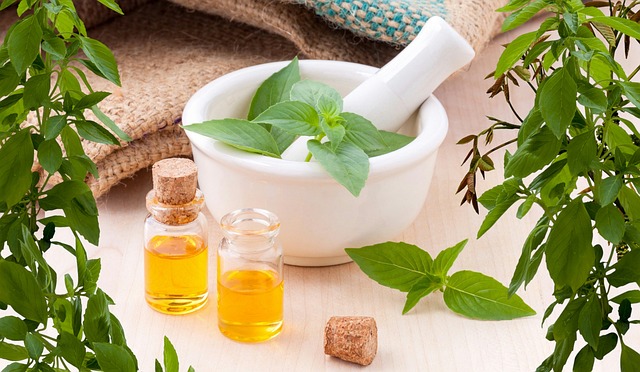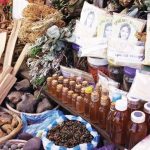Do You Need a License to Sell Herbal Medicine?

The growing interest in natural health remedies and alternative medicine has led to an increase in the production and sale of herbal medicines worldwide. As a result, potential entrepreneurs in this field often find themselves asking, “Do I need a license to sell herbal medicine?” The answer to this question depends on various factors, including the country of operation, the specific regulations governing herbal products, and the intended scope of the business.
This article will explore the regulatory landscape for selling herbal medicine, providing a comprehensive overview of licensing requirements and best practices for compliance.
Regulatory Overview by Region
United States
In the United States, the sale of herbal medicines is regulated primarily by the Food and Drug Administration (FDA). Herbal products are generally classified as dietary supplements under the Dietary Supplement Health and Education Act (DSHEA) of 1994. While dietary supplements do not require FDA approval before being marketed, they must be manufactured according to good manufacturing practices (GMP) to ensure quality and safety. Key requirements include:
- Good Manufacturing Practices (GMP): Ensuring that products are consistently produced and controlled according to quality standards.
- Labeling Requirements: Proper labeling of ingredients and health claims to avoid misleading consumers.
- Facility Registration: Businesses must register their manufacturing facilities with the FDA.
European Union
In the European Union, herbal medicines are subject to more stringent regulations compared to the U.S. The European Medicines Agency (EMA) oversees the approval and regulation of herbal medicinal products. Sellers must comply with the following:
- Traditional Herbal Medicinal Product Registration (THMP): Products must be registered under the THMP scheme, which requires proof of traditional use for at least 30 years.
- Quality, Safety, and Efficacy: Demonstrating the quality, safety, and efficacy of the product through documentation and clinical evidence.
- Manufacturing Standards: Adherence to GMP and other quality assurance standards.
Other Regions
Regulations vary widely in other regions. For instance, in Canada, Health Canada regulates natural health products, requiring a product license and adherence to GMP. In contrast, some countries may have less stringent or unclear regulations, emphasizing the importance of thorough research and understanding local laws before entering the market.
Steps to Obtain a License
- Research Local Regulations: Understand the specific requirements in your country or region. This may involve consulting with regulatory agencies, legal experts, or industry associations.
- Develop a Compliance Plan: Ensure that your business operations, from sourcing raw materials to manufacturing and labeling, comply with regulatory standards.
- Register Your Business: Depending on the jurisdiction, this may involve registering your manufacturing facility, obtaining product licenses, or both.
- Maintain Documentation: Keep detailed records of your product formulations, manufacturing processes, quality control measures, and marketing claims.
- Stay Informed: Regulations can change, so it’s crucial to stay updated on any new laws or amendments that could affect your business.
Best Practices for Compliance
- Quality Assurance: Implement robust quality assurance and control measures to ensure the safety and efficacy of your products.
- Transparency: Be transparent with consumers about the ingredients, sourcing, and benefits of your products.
- Education: Educate yourself and your staff about the regulatory landscape and best practices for manufacturing and marketing herbal medicines.
- Consult Experts: Engage with legal and regulatory experts to navigate complex requirements and avoid potential pitfalls.
Conclusion
Selling herbal medicine requires careful navigation of regulatory requirements, which vary by country and region. While some areas may have more lenient regulations, others impose stringent standards to ensure consumer safety and product efficacy. By understanding and adhering to these regulations, entrepreneurs can successfully enter the herbal medicine market, offering high-quality, safe, and effective products to consumers. Conduct thorough research, develop a compliance plan, and consult with experts to ensure your business meets all necessary legal requirements.





